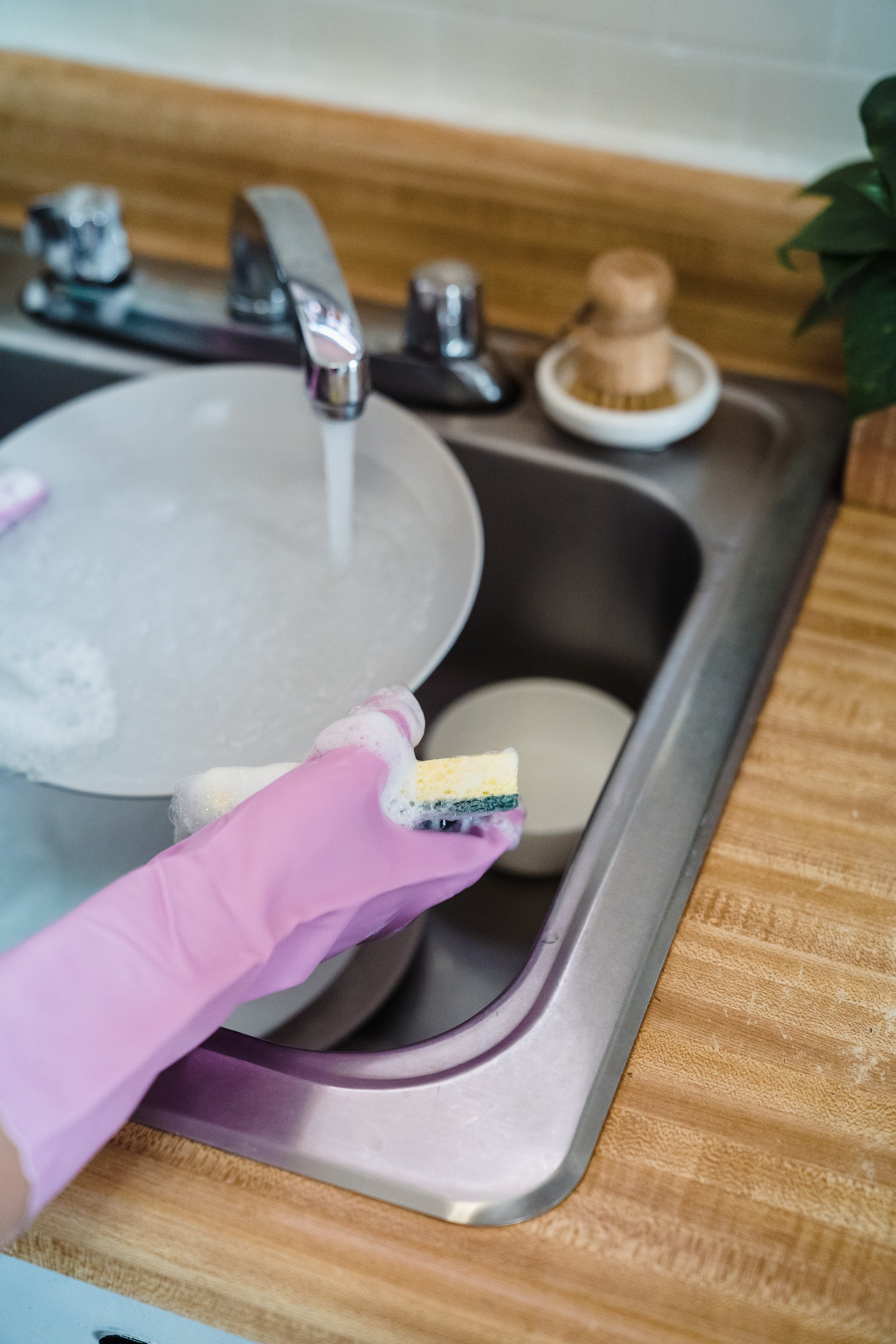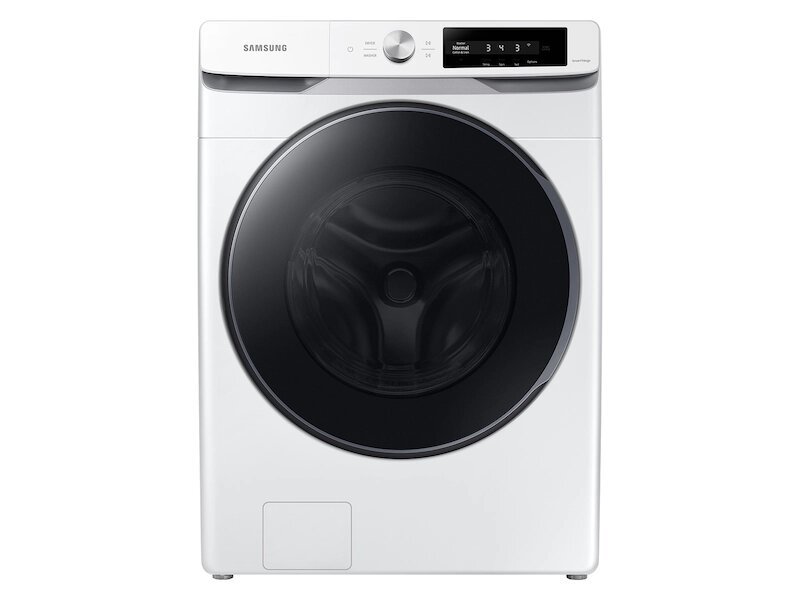When to Shop for Appliances to Get the Best Price
In the not-so-distant past, choosing new appliances was a straightforward affair. You could stroll into a store or browse online, comparing prices and features at your leisure. The real challenge lay in deciding what you truly wanted.
Then, along came Covid. It disrupted lives, decimated workforces, and sent shockwaves through global supply chains. Suddenly, the once-simple task of buying an appliance became a high-stakes game of availability. It didn't matter if it was the color, model, or features you desired; the key question was, did the store have it, and did your wallet agree?
Adding to the complexity, inflation reared its head, driving prices upward. Now, even if you were comfortably well off, you needed to do research to ensure that the appliances you were considering were worth the money and would hold up. It's why we often advocate repairing appliances whenever feasible instead of rushing into new purchases.
In this ever-evolving landscape of appliance shopping, consumers face new challenges and opportunities that have emerged in recent times. The COVID-19 pandemic brought about disruptions that forced us to rethink how we approach buying appliances. However, despite the challenges, there's a silver lining for the savvy shoppers who are willing to adapt and strategize.
Right now, a hybrid shopping experience is emerging, offering hope to that savvy consumer. The patient and the discerning can unearth hidden deals. There are three levels to this shopping mastery, each requiring a varying degree of research and patience. As we delve deeper into the world of smart consumerism, it's crucial to understand that each level of shopping mastery comes with its own set of advantages and trade-offs. Whether you are a Holiday Shopper, an End-of-the-Year Shopper, or an Off-Season Shopper, your success will largely depend on your ability to research and exercise patience.
Level One: The Holiday Shopper
Meet the Holiday Shopper, the master of waiting for strategic moments throughout the year. They keep an eagle eye on sales flyers, marking their calendars for keywords like "President’s Day," "Memorial Day," "Fourth of July," "Labor Day," and the ever-enticing "Black Friday." Shopping during these events yields discounts on the latest models, spanning a wide array of appliances. The only downside? You can't predict what will be on sale or if your coveted model will remain in stock.
Level Two: End-of-the-Year Shopper
For those who desire something new but don't want to gamble, the End of the Year Shopper is the expert choice. By biding their time until the final quarter of the year, they increase their chances of snagging a current-year appliance or one just a year or two old. As manufacturers make room for new arrivals, retail stores gleefully slash prices on older stock. The catch? Hoping that the appliance you want is available and on sale.
Level Three: Off-Season Shopping
Enter the apex of savvy shopping - the Off-Season Shopper. These aficionados research beyond the obvious seasons, such as buying heaters in July or air conditioners in December. They've discovered that grills can be purchased in December/January, ranges and ovens in May, and refrigerators in September and October can be prime deals. Why? We can't say for sure, but the data confirms these as the best times to score the biggest discounts.
Here are some crucial shopping tips, regardless of your Savvy Shopper level:
Talk with store employees to uncover insider information on upcoming sales and product availability.
Do your homework in advance and act swiftly when holiday deals emerge, as they tend to vanish quickly.
However, it's essential to acknowledge that this type of shopping demands patience, a commodity not everyone can spare. When your oven gives up the ghost just days before a big dinner, time isn't on your side.
Remember, purchasing new appliances isn't your sole option. There are many instances when repairing is in fact, a far better choice, both from a financial standpoint and an availability standpoint. That is where we come in. You can reach out to Appliance Rescue Service, the most trusted appliance repair service in the Dallas Metro Area. We're here to work with you, whether it's extending the life of your current appliance or fixing a malfunctioning one. Contact us at (214) 599-0055 or come over to our contact page to schedule a technician visit that suits your schedule.
Additional Suggestions:
6 New Appliances To Consider In 2023











